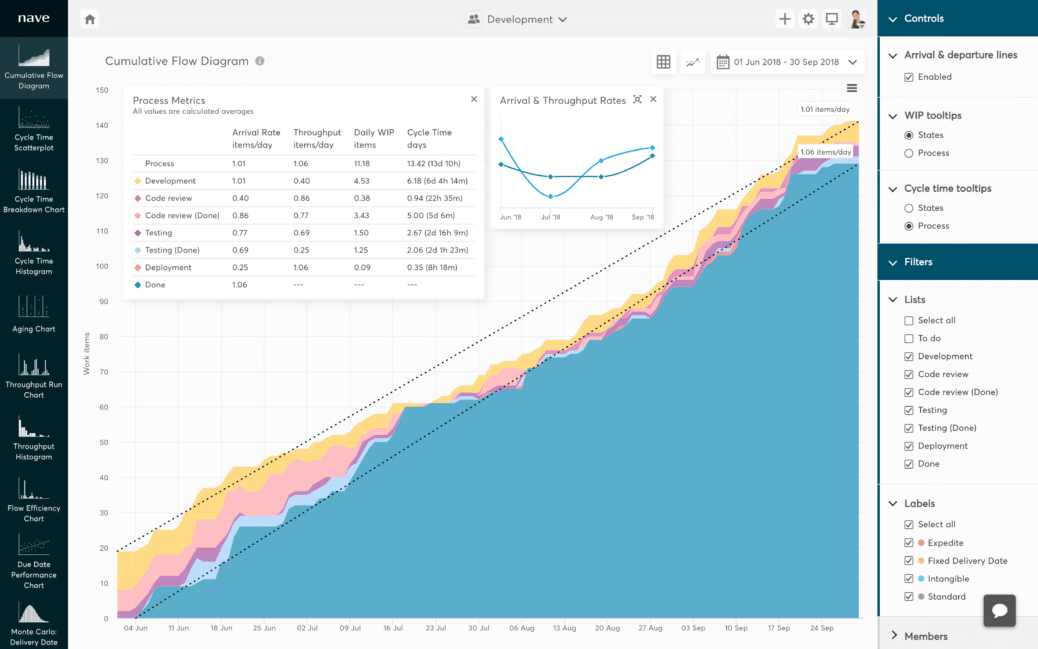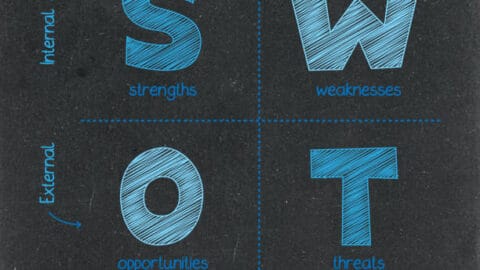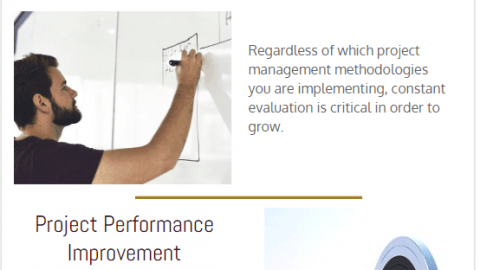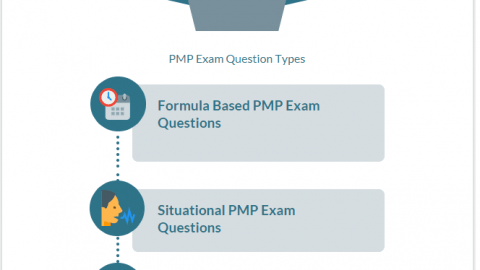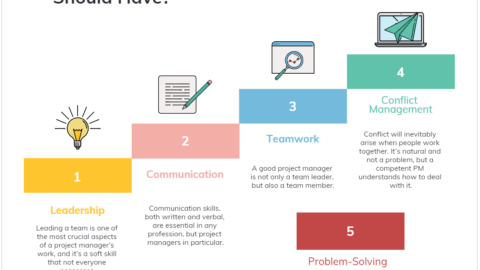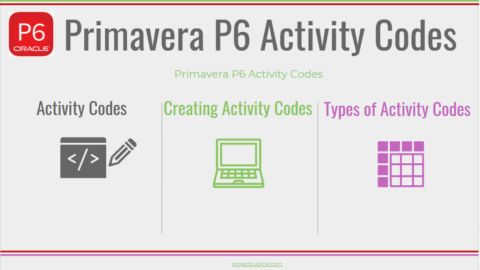Brainteasers – Top Project Management Terms for Your Word Games
Like any discipline that requires complex analysis, project management has a lot of jargon, acronyms, and technical terms. In order to succeed in this field, you need to have an in-built dictionary of these words. But rote learning these terms by reading them repeatedly isn’t the most efficient way of learning. Instead, you can build word games, like crosswords. They can quiz you on these top project management terms for example, keeping learning fun and engaging experience!
Table of Contents
Now, let’s say you’re building for yourself a game. Here are the key terms in project management that you should add right away (if you don’t already know them).

14 Top Project Management Terms for Your Word Games
1. Stakeholders: First of Top Project Management Terms
Stakeholders are everyone involved in the project and are affected by it. In other words, stakeholders are the people with a vested interest in whether the project succeeds. Some may have spent resources and time to allow the project to proceed.
Stakeholders can be internal or external, from customers to fellow employees and the business owner.
2. Baseline
Baseline is where every project starts. It is essentially “Point Zero”. Every development from there onward can be used to measure the progression of the project. Aside from serving as a measuring tool, baselines can also be used by project managers to assess the working performance of each project member. It also creates expectations for every participant in the project.
3. Workstream
The workstream is a chart that contains a series of related tasks. The team must complete the previous task on this chart before they can begin to work on the next one. This model is an excellent way for project managers to visualize progress, prioritize tasking, and allocate resources.
4. Business Plan
The term “business plan” is straightforward, and you probably already know what it entails. Still, it is a critical term in project management. It is defined as a set of goals that the project seeks to accomplish and steps on how to reach these goals. The business plan will also outline essential information for the project, such as allocated resources, timelines, and expected return on investment (ROI).
A business plan is essential not just to serve as the framework for the project. It’s also helpful when you need to “sell” the project or present the progress or product of the project to stakeholders.
5. Feasibility Study
But not every business plan is achievable. If the plan is sound but not feasible, it could be a huge resource and time black hole. That’s where feasibility studies come in. These studies are conducted to determine whether a project is achievable. They consider everything, from the timeline to the workforce and available resources.
By doing a feasibility study, a project team can understand better what they must do to achieve the stated goals of the project. As for the customers, the study will also let them see whether the team is the right fit or not.
6. Dashboard
A dashboard displays all of the project’s data and critical analytics to help you keep track of every aspect of the operation. Modern project management software will come attached with many kinds of information dashboards. They can even provide the team members with real-time updates.
An example of a dashboard is Trello, management software that allows you to organize and view all of your data in various easy-to-read styles.
7. Deliverables
Deliverables are tangible items or objectives that, once met, count toward the project’s success. These can be outlined in the business plan, which was another top project management term. They can take various forms, depending on the nature of your project, ranging from physical products to documents and reports.
They are often the final product that the customers receive. So, the efficacy or performance of the project team is also judged based on their quality.
8. Dependencies
Dependencies refer to the relationships between the deliverables and the tasks that influence the completion of the project. Every project usually has several dependencies, ranging from budget to client satisfaction. Depending on the project’s progress, managers can create more dependencies if they wish.
9. Kickoff Meeting
A kickoff meeting is essential for every project and among top project management terms. It is the first meeting between the project team and the clients. It is here that every expectation, timeline, and crucial information are exchanged and negotiated. The kickoff meeting is where everyone can agree upon the project’s scope before work begins.
10. Standup Meeting
A standup meeting is where the project team reports every progress made thus far to the clients. Such meetings take place regularly throughout the entirety of the product’s life cycle. Besides providing consistent updates about the project’s progress, the meeting also ensures that all tasks are completed on time, minimizing the risk of time overrun.
Standup meetings are also a great way to boost productivity and morale.
11. Certified Associate in Project Management (CAPM)
CAPM is a very common term among project managers. This entry-level certification is administered and given by the Project Management Institute (PMI). It’s the certification that you must obtain in order to land any job in project management.
For project managers with three years of experience and above, they will earn the PMP.
Speaking of which …
12. Project Management Professional (PMP)
The PMP is the next level of the CAPM certification in top project management terms. Project managers can take it with three years of working experience. Besides being a highlight on the resume, a PMP certification also lets clients know the bearers know their stuff!
13. Project Portfolio Management (PPM)
Project portfolio management is something managers can use to analyze a company’s objectives, from large to small. From there, managers can assess the project’s scope and impact to ensure it stays relevant to the company’s larger goals.
14. Risk Management
Every business venture comes with risks. A risk management plan can help identify these risks and outline the ways to respond to them in case they do occur. So if they were to occur, the damages they do either to the project or the company won’t be high.
As such, risk management is extremely important for a company and something that every project manager must be a master at.
Conclusion on Top Project Management Terms
Of course, this is not the complete glossary of terms in project management. As we said, it’s a complex field, and hundreds — if not thousands — of terms are out there. But these 13 words are a good start and can serve as a small test case for your new word games.
Recommended Video

I am a Civil Engineer in HES Consultancy Limited, experience as Director and Resident of Works and Technical, Financial and Administrative Project Audit. I have skills in the area of Procurement, Tenders and Contracting. I am PMP and PRINCE2 Certified. Monitoring and Control with the Earned Value Method.

